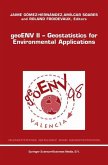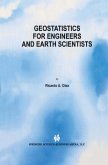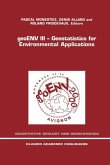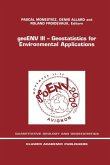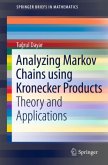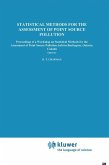In this brief we consider some stochastic models that may be used to study problems related to environmental matters, in particular, air pollution. The impact of exposure to air pollutants on people's health is a very clear and well documented subject. Therefore, it is very important to obtain ways to predict or explain the behaviour of pollutants in general. Depending on the type of question that one is interested in answering, there are several of ways studying that problem. Among them we may quote, analysis of the time series of the pollutants' measurements, analysis of the information obtained directly from the data, for instance, daily, weekly or monthly averages and standard deviations. Another way to study the behaviour of pollutants in general is through mathematical models. In the mathematical framework we may have for instance deterministic or stochastic models. The type of models that we are going to consider in this brief are the stochastic ones.
From the reviews:
"The book is dedicated to the study of air pollution in cities via stochastic modeling. ... The book provides interesting approaches to the problem of air pollution in cities and it could be useful to scientists interested in this area." (Iulian Stoleriu, Mathematical Reviews, May, 2013)
"The book is dedicated to the study of air pollution in cities via stochastic modeling. ... The book provides interesting approaches to the problem of air pollution in cities and it could be useful to scientists interested in this area." (Iulian Stoleriu, Mathematical Reviews, May, 2013)


